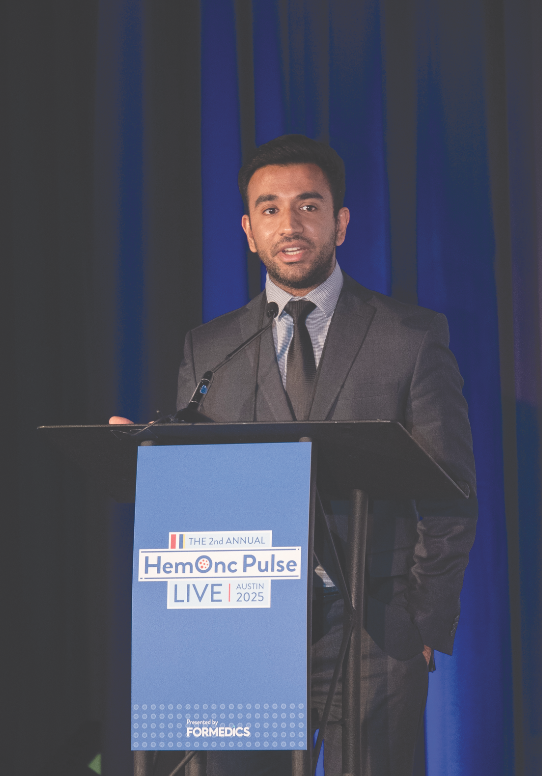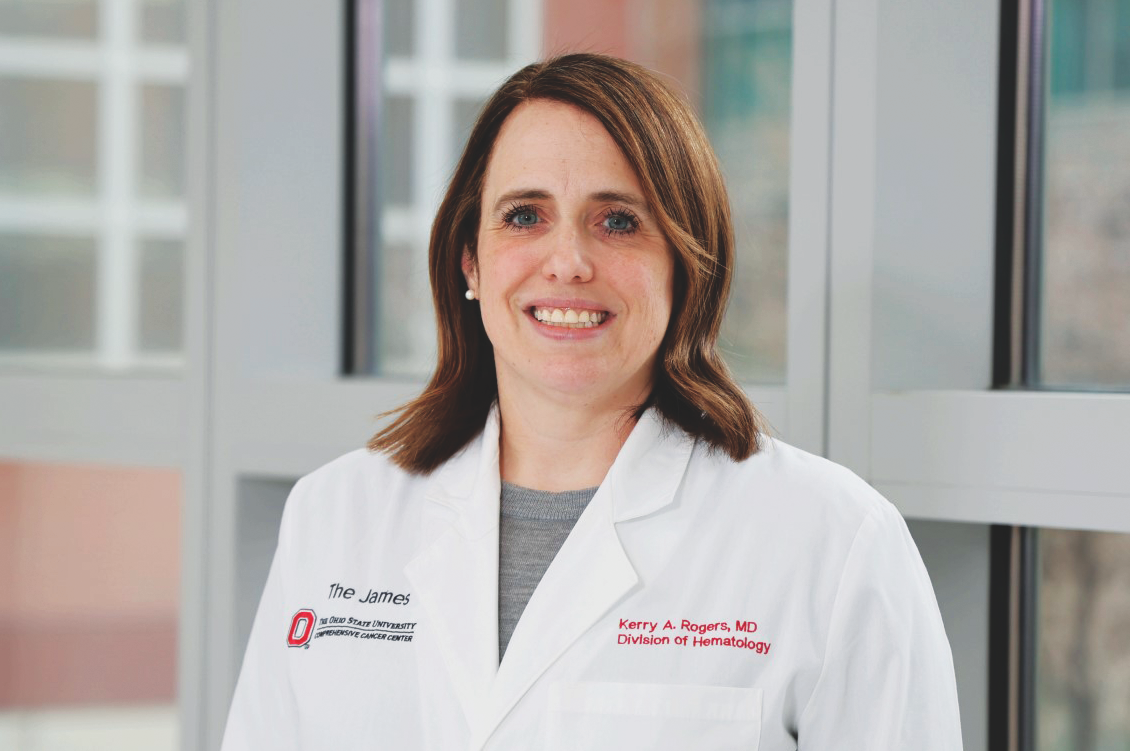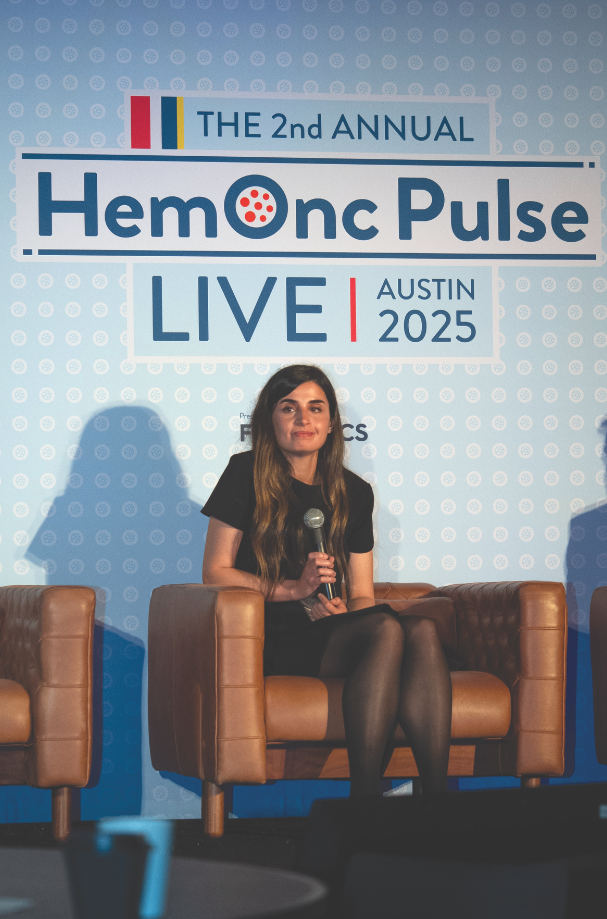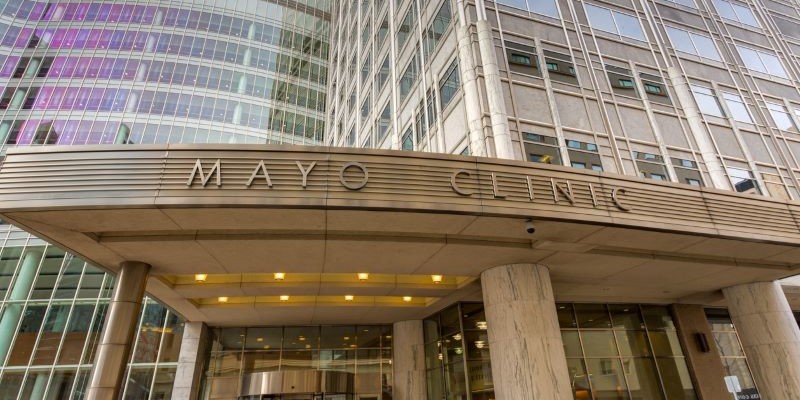
Print
Advertisement
Blood Cancers Today editors Krina Patel and Rahul Banerjee reflect on paradigm-shifting myeloma research from ASCO.
Vinayak (Vinay) Prasad, MD, MPH, has been appointed director of the FDA Center for Biologic Evaluation and Research.
Dr. Bhatnagar shared her research interests on rural disparities in AML and her experience working in a community setting.
The advent of AI technologies such as machine learning has opened new avenues for predicting adverse drug reactions.
Sankalp Arora, MBBS, a second-year fellow at MD Anderson, presented data on FLT3 inhibitors in AML at the HemOnc Pulse Live.
Dr. Rogers shares her career trajectory, what being a doctor is about, and a glimpse of her pet guinea pigs, Maple and Brady.
Advertisement
Julie Braish, MBBCh, a third-year fellow at MD Anderson, presented data on azacitidine and venetoclax in HR-MDS and CMML.
Experts discuss the link between dietary patterns and blood cancer risk and the shortcomings of epidemiological studies.
Dr. Locke is a lead investigator of the ZUMA-1 and ZUMA-7 trials, which led to the FDA approval of axi-cel.
The awards recognize early-, mid-, or senior-career experts who display excellence in the field.
Co-Editor-in-Chief Mehdi Hamadani, MD, reflects on the importance of exchanging ideas and shaping the future of patient care.
William Morice, MD, PhD, President and CEO of Mayo Clinic Laboratories, discussed a collaboration to expand cancer testing.
Experts explore the impact of policy changes directed at the NIH to freeze research funds and terminate grants.
Samir Parekh, MD, Appointed Director of the Center of Excellence for Multiple Myeloma at Mount Sinai
Dr. Parekh’s laboratory focuses on developing personalized treatment strategies for patients with multiple myeloma.Douglas Graham, MD, PhD, a hematologist-oncologist specializing in pediatric leukemia, was recognized in Atlanta Magazine.
Tycel Phillips, MD, discussed his presentation on BTK inhibitors from the International Ultmann Chicago Lymphoma Symposium.
The award provides early-career researchers at NCCN Member Institutions with $150,000 in funding to support cancer research.
Nirav Shah, MD, MSHP, recently presented at the International Ultmann Chicago Lymphoma Symposium on this subject.
Joseph G. Jurcic, MD on the journey to survivorship for adults with either AML or ALL.
Dr. Richard shares her passion for cellular therapy, how her mother’s leukemia diagnosis shaped her career, and more.




















 © 2025 Mashup Media, LLC, a Formedics Property. All Rights Reserved.
© 2025 Mashup Media, LLC, a Formedics Property. All Rights Reserved.